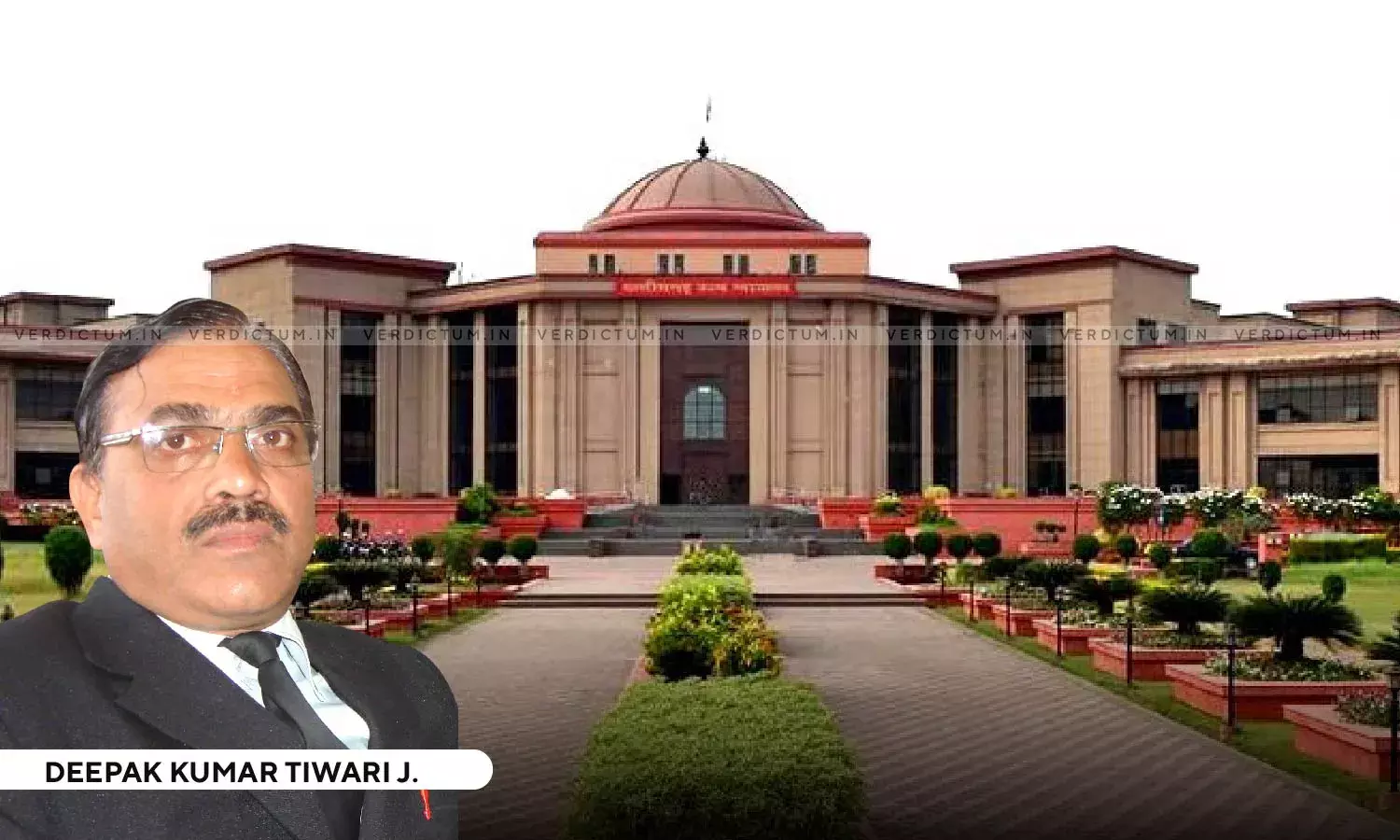Supervisory Jurisdiction Under Article 227 To Be Exercised For Keeping Subordinate Courts Within Bounds Of Their Jurisdiction- Chhattisgarh HC

The Chhattisgarh High Court has observed that supervisory jurisdiction under Article 227 of the Constitution is to be exercised for keeping the subordinate courts within the bounds of their jurisdiction.
The bench of Justice Deepak Kumar Tiwari relied heavily upon the decision of the Supreme Court in the case of Surya Dev Rai v. Ram Chander Rai (2003) 6 SCC 675 and observed that "When a subordinate court has assumed a jurisdiction which it does not have or has failed to exercise a jurisdiction which it does have or the jurisdiction though available is being exercised by the court in a manner not permitted by law and failure of justice or grave injustice has occasioned thereby, the High Court may step in to exercise its supervisory jurisdiction."
In this case, the suit pertained to a land dispute and the Writ petition was filed before this Court under Article 227 of the Constitution, challenging the order passed by the Civil Judge Class-II whereby the application filed by the proposed buyer under Order 1 Rule 10 of the Code of Civil Procedure for impleadment as defendant no. 3 were allowed.
Advocate Anurag Singh appeared on behalf of the petitioner and submitted that the general rule in regard to the impleadment of parties is that the plaintiff in a suit, being dominus litis, may choose the persons against whom he wishes to litigate and cannot be compelled to sue a person against whom he does not seek any relief.
On the other hand, Advocate Priyanka Mehta appeared on behalf of the respondent no.3 and submitted that if the party is able to sustain that there is slight semblance of title or interest, then he / she can be considered to be a necessary party and request of a such party for impleadment should be allowed.
The Court observed that if the third party shows a fair semblance of title or interest, he can certainly file an application for impleadment and if contrary view is taken, it would lead to multiplicity of proceedings.
The Court then relied upon the decision of Supreme Court in the case of Surya Dev Rai (Supra) and observed that "supervisory jurisdiction or certiorari jurisdiction is not available to correct mere errors of fact or of law unless the following requirements are satisfied: (i) the error is manifest and apparent on the face of the proceedings such as when it is based on clear ignorance or utter disregard of the provisions of law, and (ii) a grave injustice or gross failure of justice has occasioned thereby."
The Court also stated that "the power to issue a writ of certiorari and the supervisory jurisdiction are to be exercised sparingly and only in appropriate cases where the judicial conscience of the High Court dictates it to act lest a gross failure of justice or grave injustice should occasion."
The Court further observed that the trial Court has exercised its jurisdiction and allowed the application for impleadment to the proposed buyer as defendant No.3 and that no illegality or infirmity was there in the order justifying interference by this Court under Article 227 of the Constitution of India.
Accordingly, the Writ petition was dismissed.
Cause Title- Shyama Devi v. Bharat Ram & Ors.
Click here to read/download the Judgment

